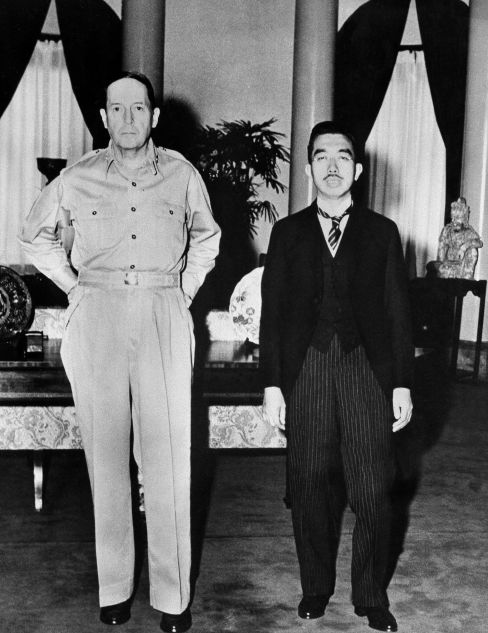On 4 April 1946, the Far Eastern Commission decided on the punishment of Japanese war criminals. The commission was created according to an agreement concluded at the Moscow meeting of the foreign ministers of the USSR, the USA, and Great Britain on 16-26 December 1945.
After being defeated in the war, Japan lost its sovereignty; the governance of the country was in the hands of Americans. Despite the demands of several politicians and US President Harry Truman himself to bring Emperor Hirohito to justice as a war criminal, General Douglas MacArthur, commander of the occupying forces, insisted that Hirohito remain emperor and a symbol of the unity of the Japanese nation.
The general was guided by political considerations. The attitude towards the occupation forces in Japan was hostile; on complex issues, public opinion was leaning towards "bad, but Japanese". The growing influence of communists and socialists posed the risk of an ideological rapprochement between Japan and the USSR. The Cold War had begun, and the United States needed an ally in the Far East.
Emperor Hirohito escaped trial and retained his throne, but lost much of his power. He was no longer the "lord of the Empire" and became a constitutional monarch.
Hirohito was a significant figure in Japan until his death in 1989. The emperor played an important role in restoring Japan's international standing and met with foreign leaders, including American presidents and Queen Elizabeth II of England.
Source:
“Hirohito And The Making Of Modern Japan”, by Herbert P. Bix
























